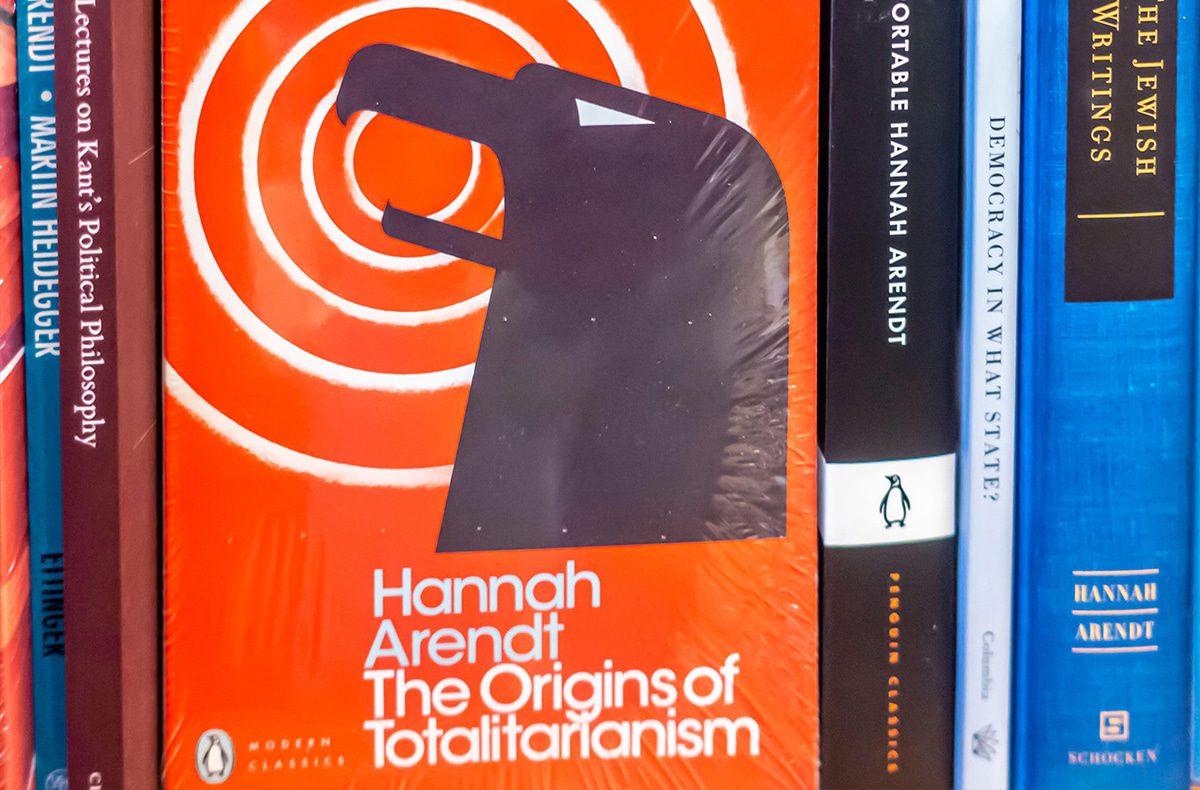
I’ve spent most of my working life (and a good deal of my family life too) wishing I was an acknowledged expert…
Wouldn’t it be great, just once in your life, to be able to say: “The correct answer here is x.” And when somebody else says: “Who says so?” You could simply answer: “I do; and I’m the biggest expert on this in the whole wide world.”
Slam dunk!
But of course it wouldn’t be like that. The range of genuinely interesting questions to which there is a direct answer is vanishingly small. The number of occasions in any expert’s life they get to be 100% right is disappointingly few. And the other experts in any domain of human endeavour mean you’d always have someone else popping up saying “Oh no it isn’t” as many times as you could say “Oh yes it is!”
Over the last 30 years I’ve worked in international businesses, government, not-for-profits and universities—and I can count on the fingers of one hand the occasions everyone agreed with the expert in the room. It’s far more likely to be the grunting of the HiPPO (Highest Paid Person’s Opinion) that carries the day.
Plus, sadly for them, specialists are the people most likely to be replaced by the onward march of robots, tech and AI. From surgeons to lawyers, AI is either playing now or “coming to a cinema near you soon{ for nearly every profession and professional. Plus you rarely get the top jobs; as the saying goes most organisations keep specialists on tap—but not on top…
I’m not knocking experts—thank goodness we have them. From Covid to cosmology via COP26 and climate change, the world badly needs experts. I’m just starting to accept I’ll never be one.
So what’s the alternative? I want to make the case for what I call the “Specialist-Generalist.”
In a world where change is everywhere, in every industry, sector, ecosystem, and environment, we need more people who can join the dots. We need more people who can see a bigger picture, bring a wider perspective, and show how it might look from another point of view.
After all, most grown-ups will never be argued off a position—even when it’s demonstrably wrong. The only way you can ever really get people to change their minds or consider something different is by understanding where they’re coming from, giving them more context and finding things you both care about, not by clobbering them on the head with better facts and more arguments.
This means valuing people with a range of work and life experience, people who have seen different things, lived and worked in different sectors and environments and people who understand the different cultures of public, private and not-for-profit—and in other countries and on other continents too. And on that theme, in my current line of work we find people with more than one language are pretty terrific, as well.
Of course becoming a Specialist-Generalist is sometimes easier said than done. Most sectors and organisations prefer to recruit people with strictly “relevant experience,” they look for people working within their sector rather than people with transferable skills. But skills are transferable and breadth of experience is at least as valuable as depth in most jobs, once you survive the steep learning curve and new jargon of the first 90 days.
So whether you are a Specialist-Generalist or want to be one, the good news is Harvard Business Review has a little gift for you. Here’s what HBR has to say on “imposter syndrome,” every Specialist-Generalist’s constant companion:
We’ve all had that feeling of being unqualified to do something we’ve been tasked to do. But the fact that everyone occasionally suffers from impostor syndrome (even CEOs and Prime Ministers) doesn’t make it any easier to handle.
Try these three things:
- When you’re not steeped in the conventional wisdom of a given profession or industry, you can ask questions that haven’t been asked before or approach problems in ways others haven’t thought of.
- Adopt a learning mindset. Focus more on what you’re learning than on how you’re performing.
- Know that you’re not alone. If you’re feeling like an impostor, chances are that others feel the same way.
Knowing “enough about enough,” and crucially knowing how to work with experts whilst not being one, is where the Specialist-Generalist comes into their own. You just have to come to terms with constant imposter syndrome, and give up on ever being fêted as the smartest person in the room. But play your cards right and you might just become one of the wisest…
It’s never too late to give up on being an expert.


